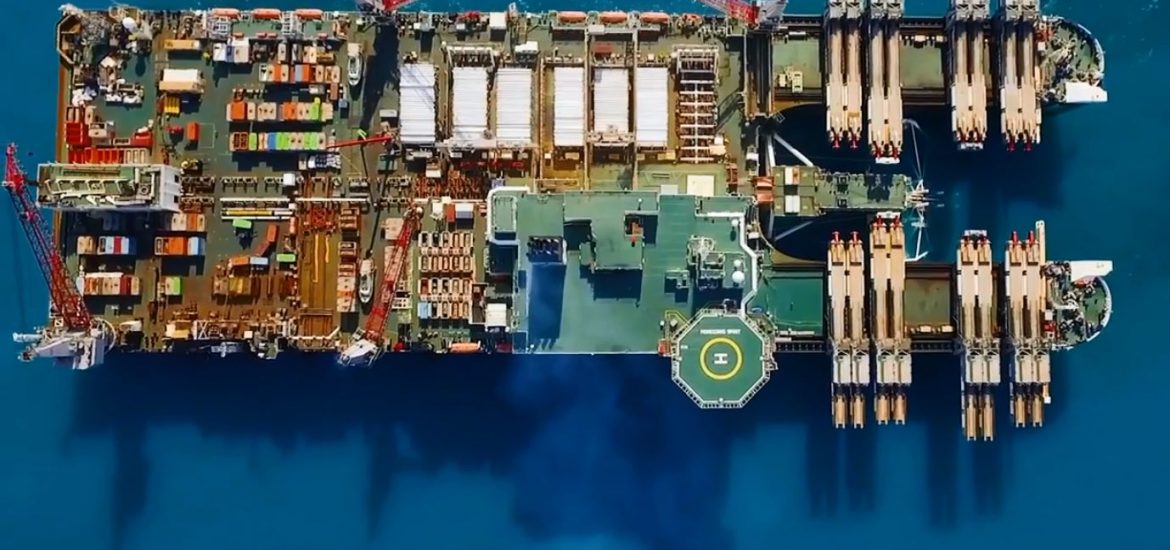
The German government will not be forced into blocking the Nord Stream 2 gas pipeline from Russia, Berlin’s energy minister, Peter Altmaier, told Handelsblatt.
Construction of the 1,220km pipeline was “far advanced” and opposition to the project was targetting “the wrong whipping boy”, according to the close ally of Chancellor Angela Merkel. There was “no legal basis” for Germany to intervene, he added.
“Germany is a law-ruled state where private investments, as in the case of Nord Stream 2, are made in line with legal criteria. For instance, there are all necessary permissions from various agencies of various countries, including Germany, to build the pipeline. Moreover, serious progress has been made in the construction works, with kilometres of pipes laid in the sea. The federal government will not interfere into such process as it has no legal grounds for that,” the Christian Democrat cabinet minister was quoted saying.
The US says the US$11-billion project will make western Europe increasingly dependent on Russian gas while Berlin argues that it is a solely a commercial enterprise.
The outspoken US ambassador to Germany, Richard Grenell, this month told Gazprom’s European partners that they could face sanctions for funding Nord Stream 2. Royal Dutch Shell, BASF’s Wintershall, Uniper, OMV and Engie are financing 50 per cent of the project.
Possibly to ease pressure from Washington, Merkel’s government said last year that it would seek to help Russia and Ukraine reach a transit deal for gas pumped through the eastern European state. Talks between Moscow and Kiev on the gas transit issue are ongoing.
Altmaier said he was “convinced that a compromise can be reached” between the former Soviet allies and that gas would continue to flow through Ukraine after Nord Stream 2’s expected completion this year.
Veteran German diplomat, Wolfgang Ischinger, chairman of the Munich Security Conference, said the “birth defect” with Nord Stream 2 came from the fact that European treaties had allowed Berlin to describe the project as purely commercial.
He said it was clearly political in nature, particularly given Russia’s annexation of Crimea in 2014 and other aggressive acts by Moscow.
Ischinger said that abandoning the project as it neared its completion date later this year contradicted German foreign policy’s focus on consistency and sustainability. “Saying ‘forget it’ now would not be good German foreign policy,” he told the media.
Nord Stream 2 continues to anger politicians in Kiev, Warsaw and Washington. Picture credit: YouTube





